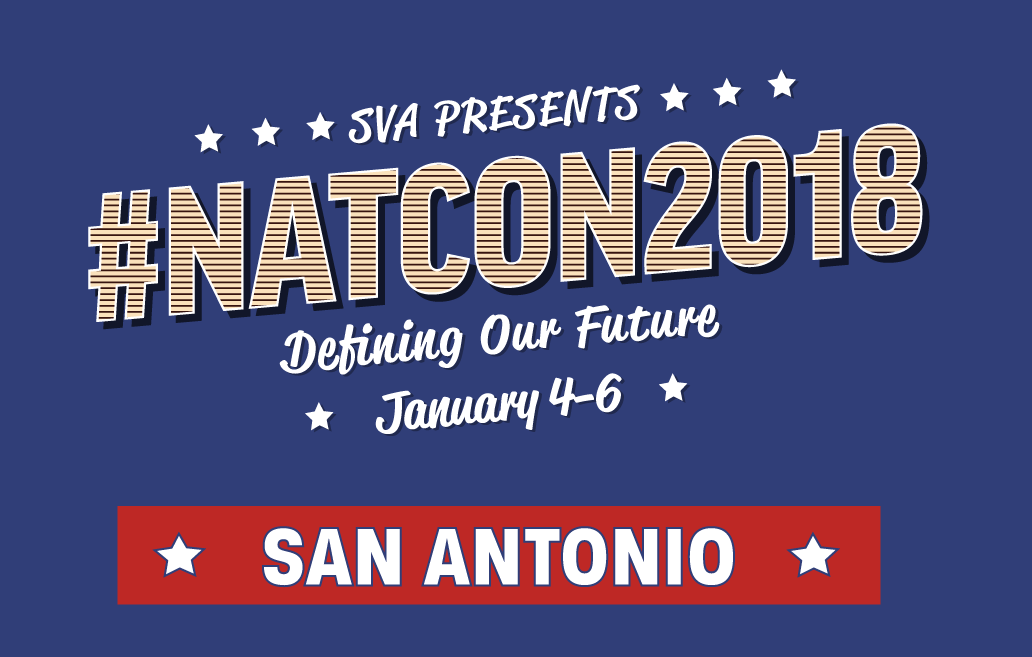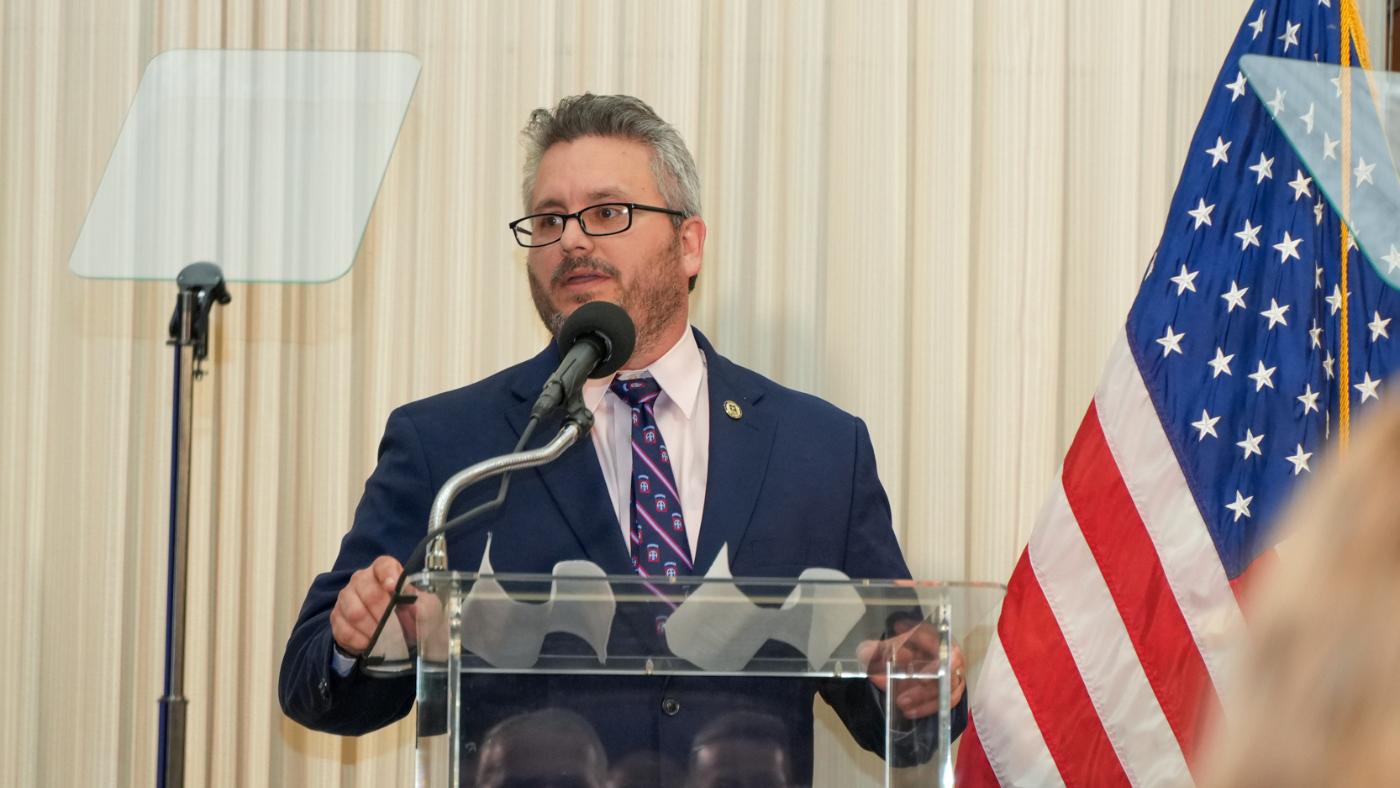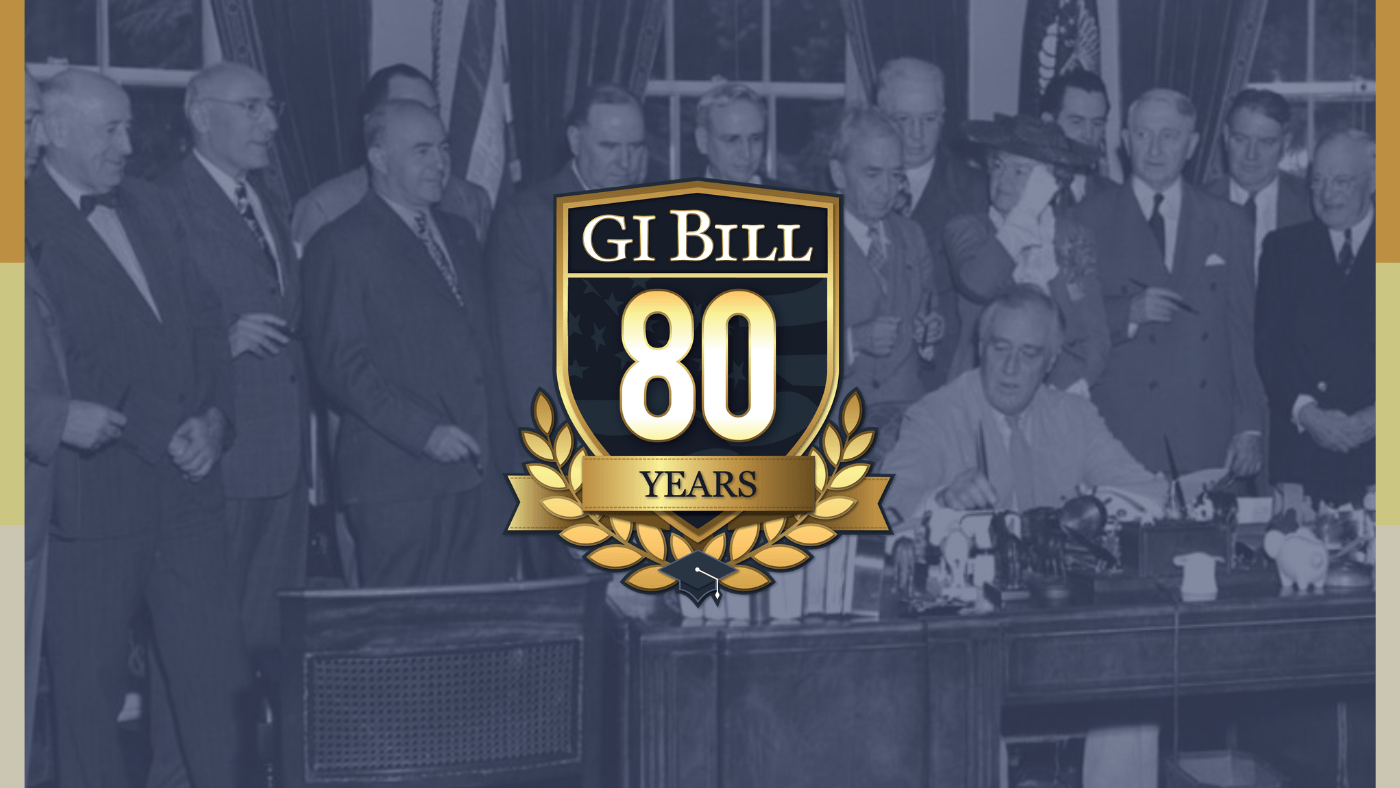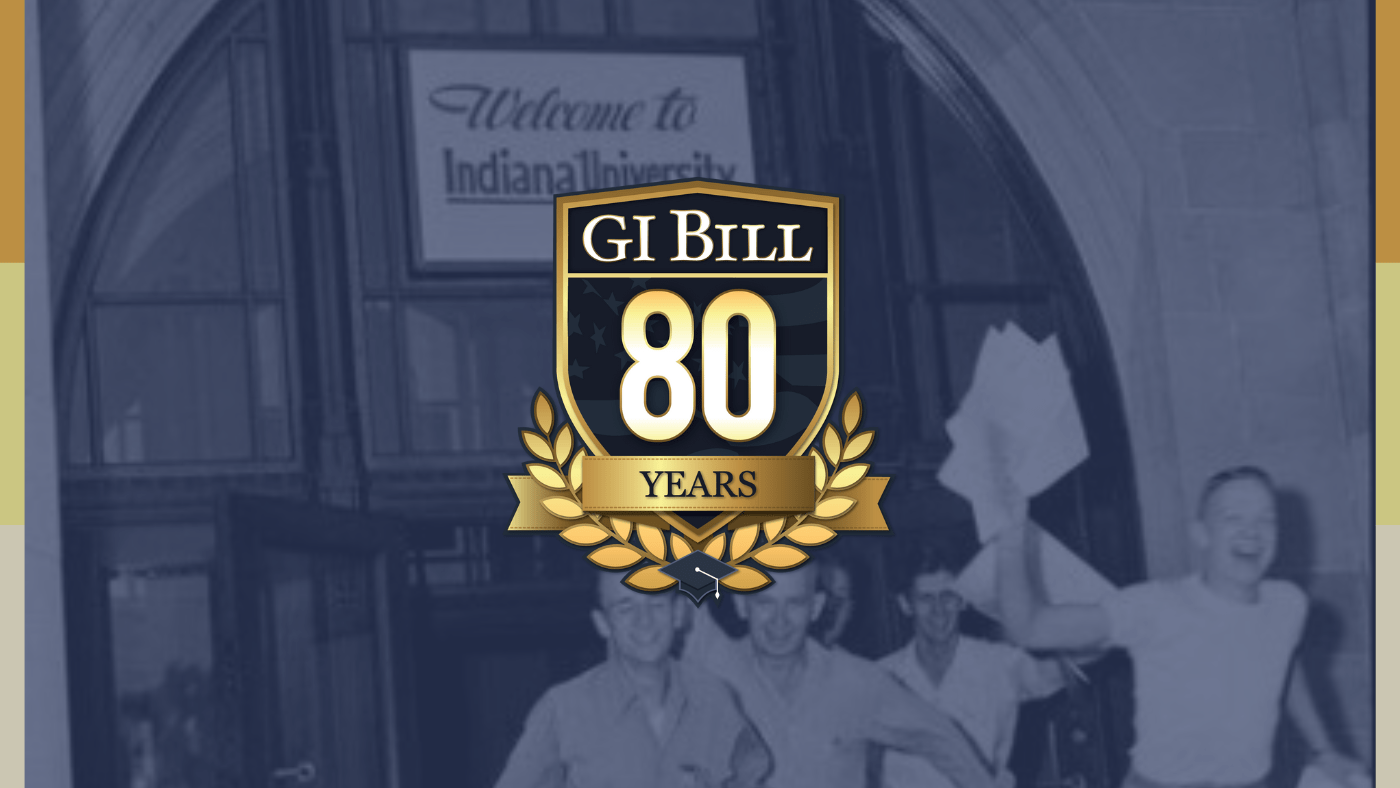Student Veterans of America’s 2018 National Conference, affectionately called “NatCon,” is kicking off the first week of January. Student Veterans and others in the Veteran community will convene in San Antonio to learn from keynote speakers, SVA officials, chapter leaders, and each other.
Here are seven things I’ve learned to remember when preparing for a successful conference experience:
Do some research on the presenters
You don’t need to read their latest book or discover their hobbies, but do a quick Google search of the keynote speakers, panelists and session leaders to get an idea of what their background and where they are now. This way, when you get that chance to speak to them for a few minutes in the hallway or after a session, you’re more familiar with what sort of questions they can answer or how you could possibly collaborate with them on a mutually interesting project.
Download the app and use it
A trendy move for conferences is to have an app for attendees to use. I suggest downloading the NatCon2018 app (search in your phone’s app store) and using it. The best part of this app is that it allows you to choose which sessions you want to attend and puts them all into an easy to follow list for you. It’s free and convenient.
Be and dress professional
There is a wide range of people at NatCon and the SVA Campus will have a lot of organizations and companies interested in the Veterans that are attending. Be sure to dress professionally and always be on your best behavior. Even when you’re talking with your friends, you never know who is in earshot of your conversation. If you’re looking to connect with a career opportunity at NatCon, keep a handful of updated resumes with you.
Get to know the other “up and comers”
This is my favorite bit of networking advice and applies to any event you go to. It’s easy to get excited about getting in front of a potential employer and giving them the reasons they should hire you. Where you’ll really get value from your interactions is by rubbing elbows with the other go-getters to your left and right. Be sure to diversify the industries you network in, as well. If you’re into communications, do not just talk to the aspiring journalists and media creators. Talk to the STEM students, the future lawyers, and the MBA prospects. Getting familiar with those around you will include you in that wave of graduates moving onto new opportunities, and they’re the ones likely to remember and recommend you.
Always carry business cards, but only give them to true connections
When someone hands me their business card or contact info before we even understand why we’d follow up with each other, they become forgettable right away. That’s not meant to be rude, but rather something I’ve learned after events involving dozens of new connections. Meet people and get to know them, then exchange contact info when its clear there’s follow up to be had. This doesn’t have to be a long exchange.
When I meet people I want to have on my podcast, I tell them who I am and that I’m interested in having them on the show. If they agree, that’s when I ask for their card or give them mine. Shoving a card into someone’s hand too early could lead them to being disinterested right away. Too many aspiring professionals go into networking situations looking for people that can give them a leg up. Instead, I recommend looking for ways you can help the people that you meet. Doing favors for others will often turn into opportunities to work with that person again down the road. Not to mention the emotional benefits around helping others.
Participate in the conference hashtag #NatCon218
Use the hashtag to stay engaged with others attending the conference. This helps curate everyone’s material into one feed. I’ve made plenty of connections with people at conferences by engaging with them via Twitter and then meeting them in person. The value in this is there’s already some rapport built in by the time you chat in person. If you’re tweeting the content anyways, you might as well include the hashtag. I recommend doing this for “we’re on our way” tweets, updates throughout the conference, and any thoughts you may have afterwards. Be sure to include everything you enjoy about the conference. I know the people at SVA will be paying attention are will be interested in that feedback.
Don’t try to remember everything, but implement what you learn
NatCon is a multi-day conference that provides dozens of keynotes and breakout sessions. There will be a lot of great ideas and advice coming at you. Do not stress about remembering everything, but do make it a point to implement what you learn. That means that when you take notes on improving your SVA chapter, you start implementing those ideas when you get back to campus. Without taking action, everything you learned at NatCon will be in vain.
If you haven’t gotten your admission or have other questions about the conference itself, visit the Student Veterans of America website.
Topics in this story
More Stories
Army Veteran and storyteller Dustin Elias spoke at the celebration of the G.I. Bill 80th anniversary at the National Press Club in Washington, D.C.
As we celebrate the 80th anniversary of the G.I. Bill, today we look back at VR&E—one of its precursors.
For many, the G.I. Bill provided a path to the American dream by helping them pursue education, secure employment after military service and purchase a home.







If you are from RI, I ask because you mentioned Senator Whitehouse. If so, I don’t understand why you don’t have any educational benefits, especially being a 100% disabled Veteran. And Senator Whitehouse is definitely the man to seek help from.
All of this veterans’ educational news is very encouraging; however, I often wonder how many other veterans, such as myself, had their educational benefits taken away from them because at the time they were eligible they were too sick or injured to use them? I was promised that when I was “better” I would have my benefits fully restored to me, yet, when that time occurred I was told that the benefits had expired. Of course, I thought this was simply a paperwork error and have subsequently contacted my congressman, senator, White House and the VA, etc.. Most did not answer because I was apparently not a priority, but those who did answer said, ‘sorry, I can’t help you.’ I guess I’m just another one of those 100% disabled guys that the VA wishes would go away – by any means possible…